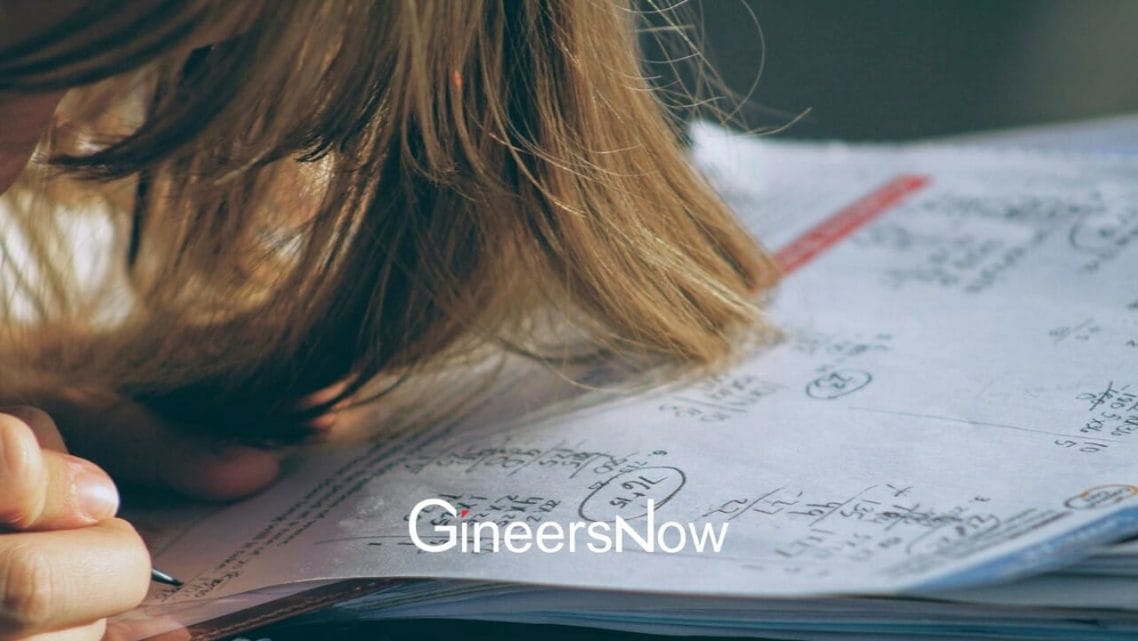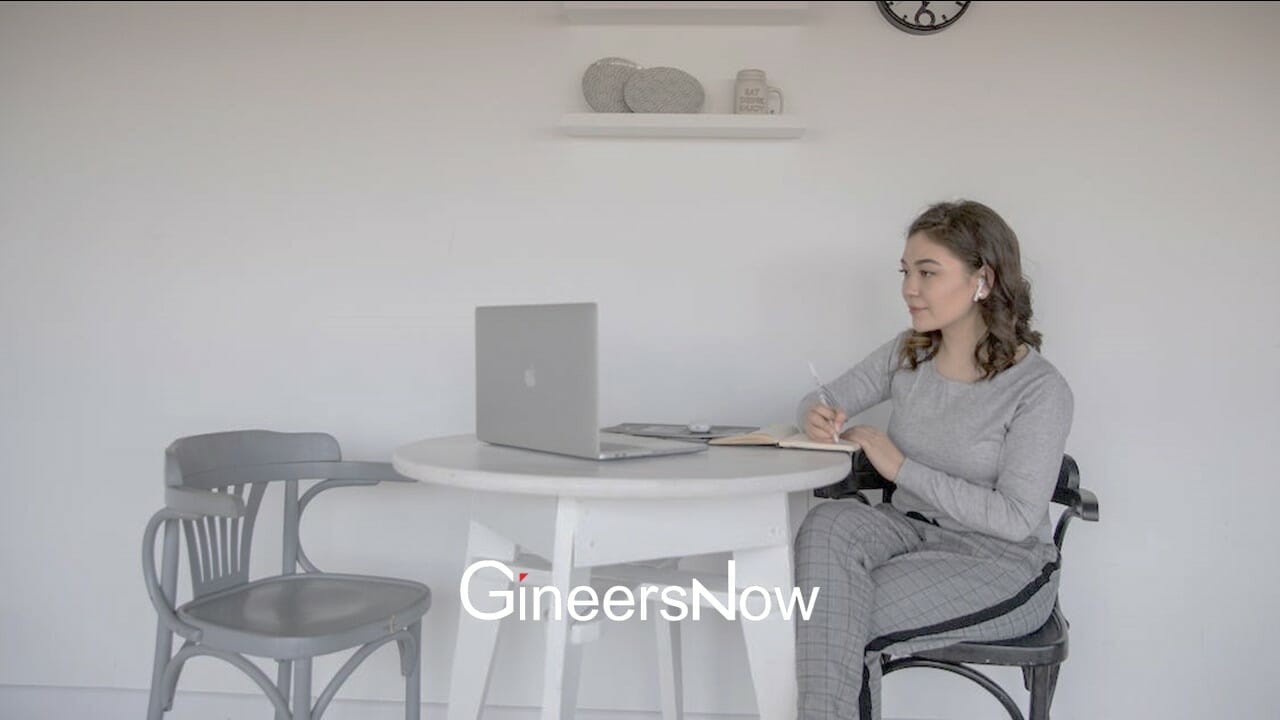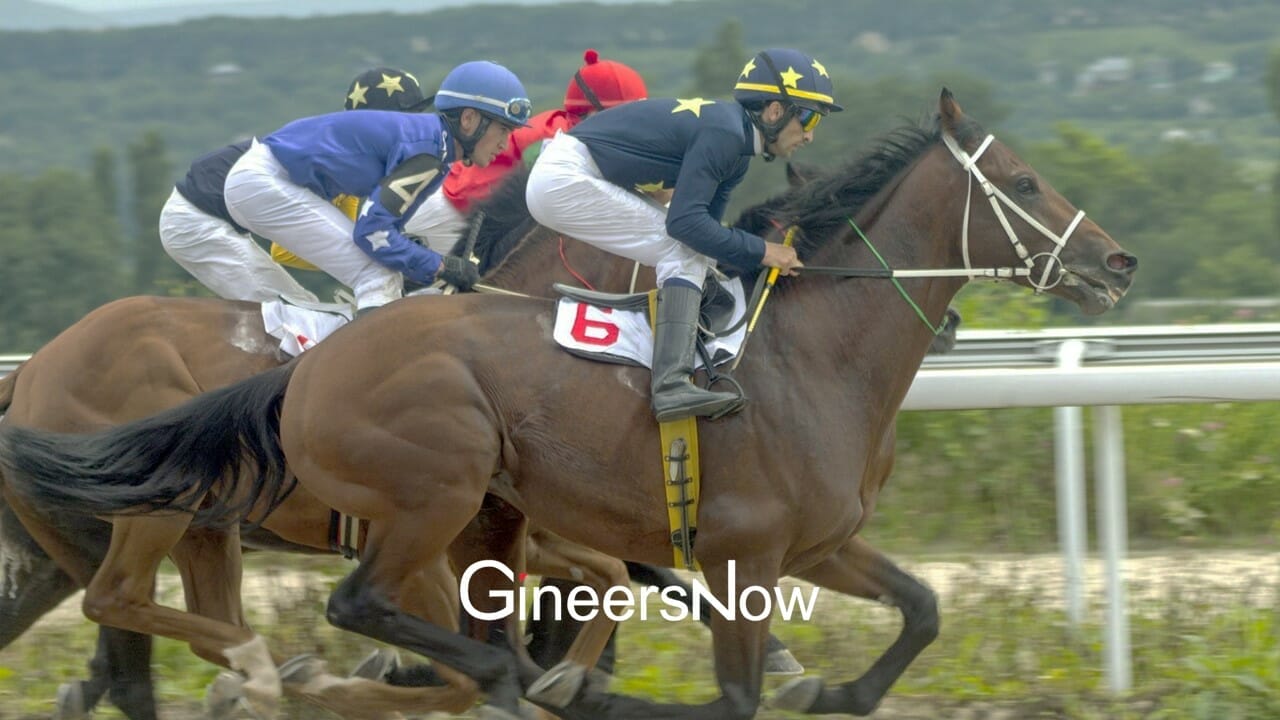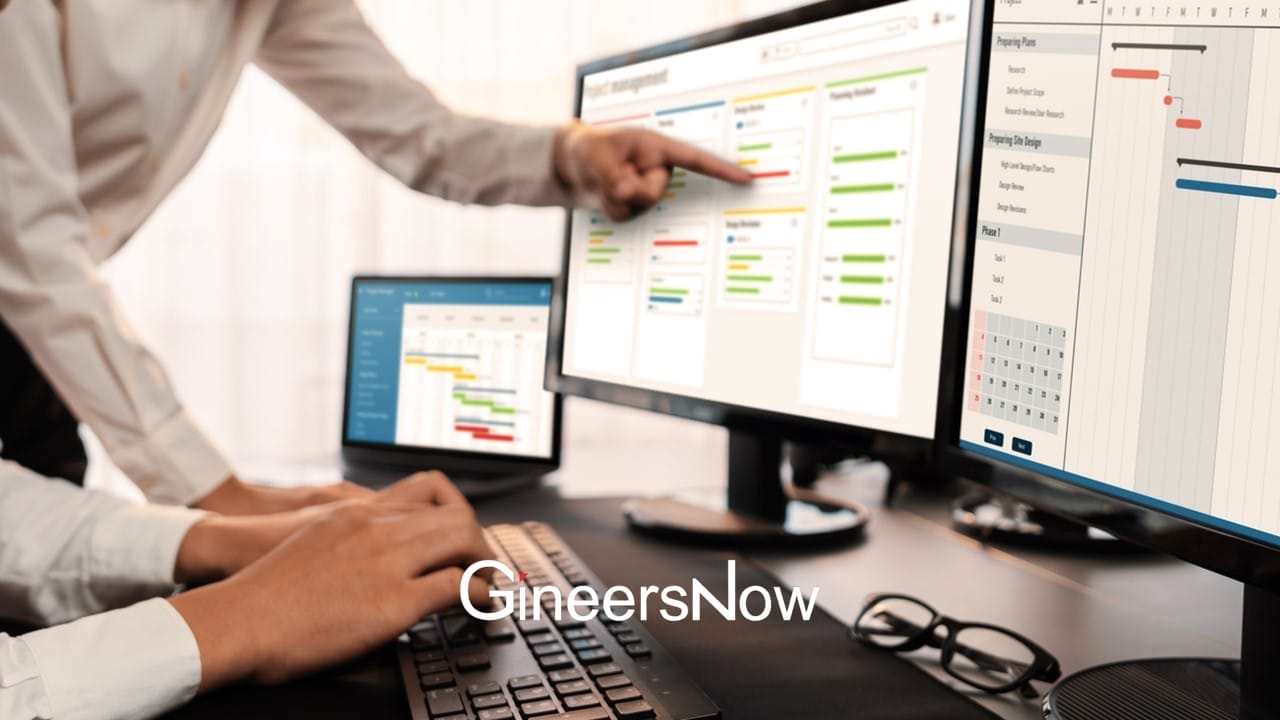Collaborative research is rapidly evolving beyond borders and cultural barriers as scholars team up to make groundbreaking discoveries.
Moreover, academics have countless opportunities to combine their expertise, backgrounds, and strategies in today’s globalized world.
Although online services like Ivory Research make writing a dissertation easier, you still need collaborators to help you in the research process.
Scientific collaboration brings together a unique mix of skills, cultures, and knowledge. It results in more innovative and impactful outcomes.
For scientists, research collaboration helps at all levels. It builds and advances their careers. Furthermore, collaborative research is a great way for young researchers to expand their network and knowledge.
However, finding the right research collaborators can be challenging. It needs to cross several hurdles, like overcoming language and cultural barriers.
Furthermore, the differences in research practices across the world can lead to communication lapses, misunderstandings and disagreements.
Therefore, to help you find the right research collaborators, we have gathered a list of extremely helpful tips.
What Is A Collaborative Research?
Collaborative research is a partnership among several parties to complete research and establish its results in the industry. It can include the following parties:
Industry experts.
Academics.
In collaborative research, the different parties aim to achieve common goals.
This approach combines the theoretical and practical aspects of market research, allowing for revolutionary discoveries and innovations.
Moreover, in this context, multiple entities are interested in project execution, development, risks, and ownership of results.
The foundation of this knowledge can be identified in two areas:
The teacher’s ability to analyze and evaluate their experiences.
The paradigm, schemes, models, and frames of reference that support and endorse the construction of practical knowledge.
Collaborative research can lead to groundbreaking discoveries and innovations that benefit all parties involved when executed correctly.

How To Find The Right Research Collaborator?
Given below are some of the most important tips that will help you find the right research collaborator—
1. Clarify Your Aim And Objective
To find potential collaborators and partners for your research, it’s important first to define your objectives.
This means identifying the following aspects:
Your research questions.
Hypotheses.
Methods.
Expected outcomes.
Clarifying your objectives helps you narrow your search to find the most suitable partners. It helps you better equip yourself and find international collaborators who share your vision.
Moreover, knowing the end point helps you determine the path to that outcome. Therefore, you can stay on track with your work and communicate your needs more effectively.
2. Evaluate Your Skill Gaps
It’s common for researchers to overlook the importance of defining their strengths and contributions before seeking potential collaborators.
However, it’s crucial to carefully consider what you can offer and adjust your strategy accordingly.
One effective approach is to inquire about the challenges faced by potential collaborators. This can suggest mutually beneficial collaborations.
It’s crucial to assess any skill gaps and be candid about how the other person’s abilities can complement your own. Recognizing your limitations can result in more productive collaborations in the future.
Combining diverse personalities in a collaboration can lead to more interesting results.
3, Tap Your Networks
When looking for collaborators, leveraging your existing network is important.
This can involve reaching out via messaging, updating your LinkedIn profile, and reconnecting with old professors, colleagues, and other acquaintances.
You can request introductions to potential collaborators from your network if they know anyone suitable.
Moreover, you should consider your comfort level and communication preferences when contacting.
You can learn about someone’s communication style and work environment by scanning their social media profiles before reaching out.
Therefore, always consider the individual’s culture and preferences when making contact.
4. Attend Seminars And Conferences
When attending a conference to find potential collaborators, ensuring the conference is relevant to your field is important.
Therefore, attend sessions that align with your research interests.
Moreover, you can find potential collaborators present in these sessions as well. You can talk to other attendees who share similar interests or goals.
5. Use Social Media
Collaborating with other researchers can sometimes be difficult, especially if you’re new.
However, social media can be an excellent resource for finding potential partners.
Therefore, browse through the social media profiles of potential collaborators to get a sense of whether their work aligns with your own. Moreover, ensure that you enjoy working with them.
Additionally, watch for researchers who follow or retweet others, which can indicate their interest in collaboration.
If you’re working on a project that requires multiple researchers, don’t be afraid to reach out and connect with others online.
It’s easier than ever to make these connections. However, make sure you’re clear and polite in your communication.
6. Maintain The Relationship
Maintaining a strong relationship with your collaborator or partner is crucial for a successful research project.
Regular communication, updates on progress, feedback, and problem-solving are essential. Acknowledging and celebrating achievements, following up on research impact, and exploring future collaboration opportunities are also essential.
Addressing logistical and cultural barriers, such as language or working styles, is crucial. Time zone differences should be considered when scheduling meetings and discussions.
Be open to input and feedback, and commit to the project, ensuring a clear understanding of the project’s outcomes.
7. Ask Before Someone Else Does
You must make the first move when you find the right match for your research.
The best way to start the conversation is through email, considered the most professional method of communication.
However, you can arrange a face-to-face meeting if you haven’t already met in person.
Moreover, remember that you must maintain a formal tone when drafting your first email. Maintain the following factors in your offer mail:
Highlight your knowledge about their work.
Introduce yourself.
Clearly state your offerings.
Then, plan the next steps, such as a video call or meeting at an event. However, don’t be discouraged if you don’t receive a response right away.
It’s always a good idea to send a follow-up after one or two weeks. Acknowledging their busy schedule and asking for a better time to contact them about the collaboration is ok.
Find Success
You can find the right collaborator for research with the right approach.
Therefore, expand your network by attending seminars, joining professional associations, and reconnecting with colleagues.
Conduct thorough research on potential candidates’ backgrounds, skills, and interests, identifying red flags and ensuring compatibility with your organization.
Moreover, you must always align your personalities well to ensure successful working relationships.
Once you find the right candidate, don’t hesitate to offer them the job and plan for their onboarding.
You can find the perfect person for your team with luck and careful consideration.












